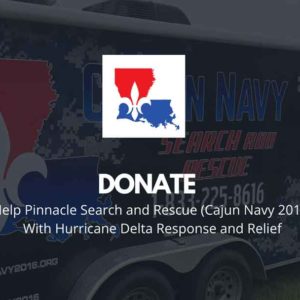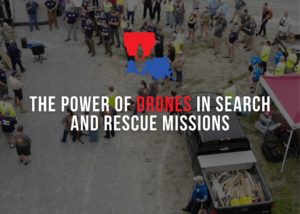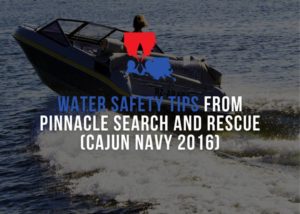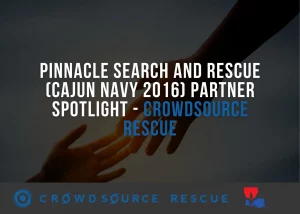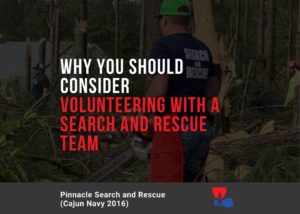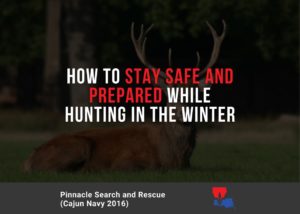It may be spring now, but it will be summer and time to hit the water before you know it. With so many options available for enjoying the water here in Louisiana, it can be hard to know how to stay safe while you’re out on the waves. That’s why Pinnacle Search and Rescue (Cajun Navy 2016) has put together some valuable tips for water safety.
Keep reading to learn more about keeping yourself safe when you’re out on the water.
Related Reading:
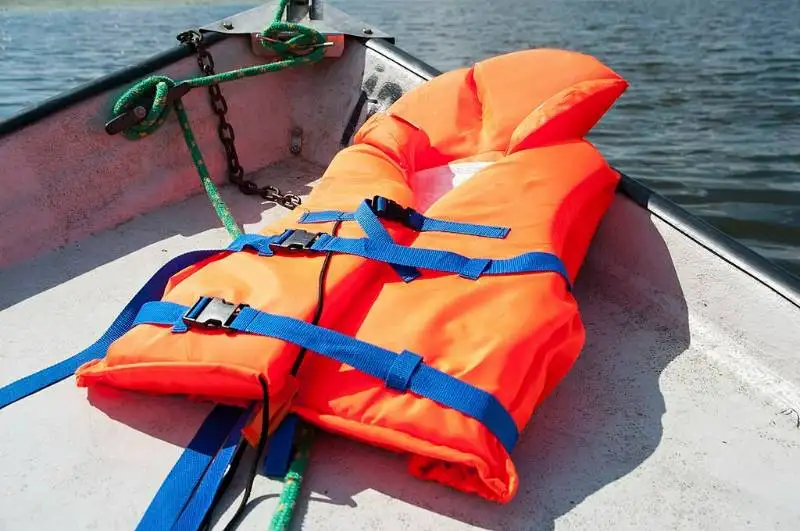
Wear a life jacket
Wearing a life jacket is one of the most important things you can do to stay safe while you’re out on the water. No matter how strong of a swimmer you are, accidents can happen. If you find yourself in a situation where you need help, a life jacket can be the difference between life and death.
Help prevent child drownings
According to Newsweek, child drowning accidents in Louisiana are on the rise. 2020 was the deadliest year for child drownings, even after five consecutive years of decreasing numbers. There was a 60% increase in drownings for children ages 0 to 14 years old compared to 2019.
One way to help prevent child drownings is by always wearing a life jacket when they’re near or in water. You should also never leave them unattended, even for a minute. It only takes seconds for a child to slip away and drown.
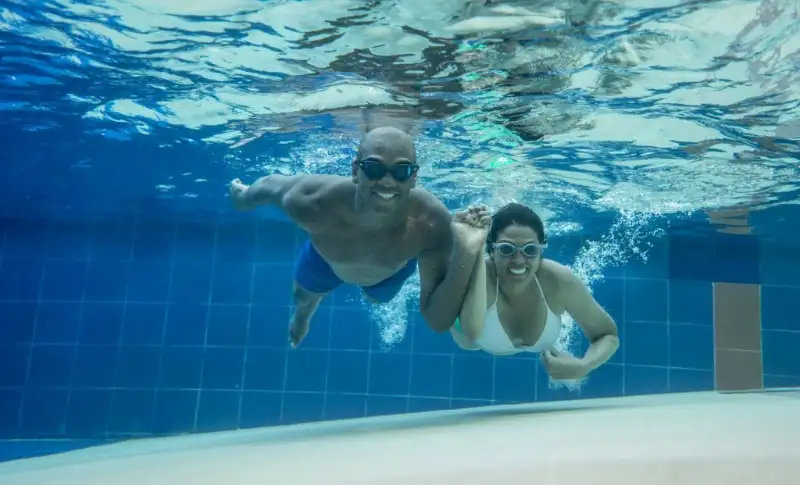
Never swim alone
Another essential safety tip is never to swim alone. If something happens while you’re in the water, it’s critical to have someone there who can help.
Make sure to tell someone on shore where you’re going and when you expect to be back.
Nothing here… just a mom saving child from possibly drowning 💪
— Kevin W. (@Brink_Thinker) April 30, 2022
pic.twitter.com/yNXSiYfWc5
Drowning can happen swiftly and silently in any location with water, especially among unsupervised young children. It happens in lakes and seas and pools, bathtubs, and even pails of water.
Here are some statistics from Stopdrowningnow.org:
- Twenty-three percent of child drownings happen during a family gathering near a pool.
- Drowning is the cause of death for most boating fatalities.
- 5 to 10 people receive hospital-related care for nonfatal drowning injuries for every fatal drowning victim.
- Most swimming pool drownings occur in children’s home pools or hot tubs. The most common happens in family and friends’ property pools.
- Drowning is more likely to occur in natural water, such as ponds or lakes, among children aged 5 to 17.
Be aware of weather conditions.
It’s also important to be aware of weather conditions, such as high winds and changing tides when you’re out on the water.
These can significantly impact your ability to stay safe and enjoy your time on the water, so it’s essential to keep an eye on weather forecasts and adjust your plans accordingly.
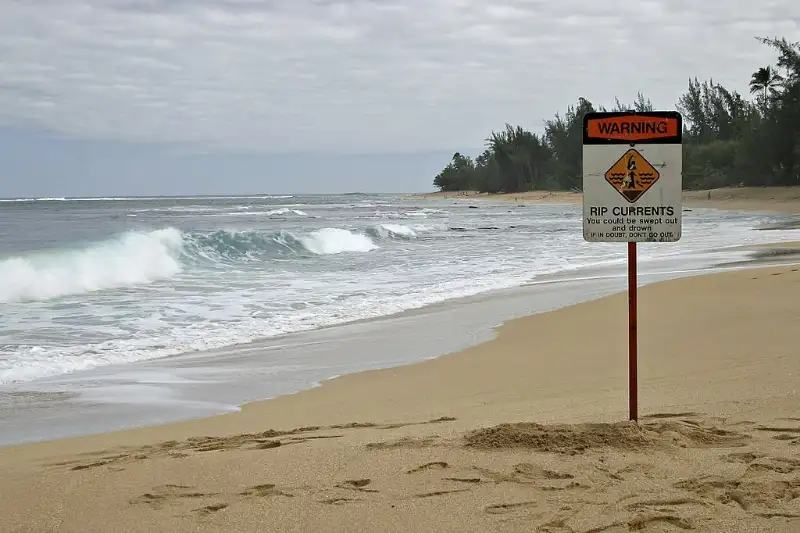
Know your limitations
It’s also important to know your limitations and be honest about them. For example, if you’re not a strong swimmer, it may be best to avoid more difficult water conditions, like deep waters or rapids.
Instead, opt for calmer activities that are within your comfort zone.
We see it all the time in the news, people doing more than they can handle while on the water.
Some of our most frequent rescue calls are for people who have gone tubing or kayaking in areas too difficult for their skill level. This often leads to them getting stranded or lost and, in some cases, injured.
If you’re not sure about something, don’t be afraid to ask for help from someone who does know. It’s always better to be safe than sorry.
Have a plan
Planning is always essential, especially when you’re spending time on the water. Before you head out, make sure that you know where you are going and what activities you will participate in.
This can help ensure that everyone stays safe and has fun during their time on the water.
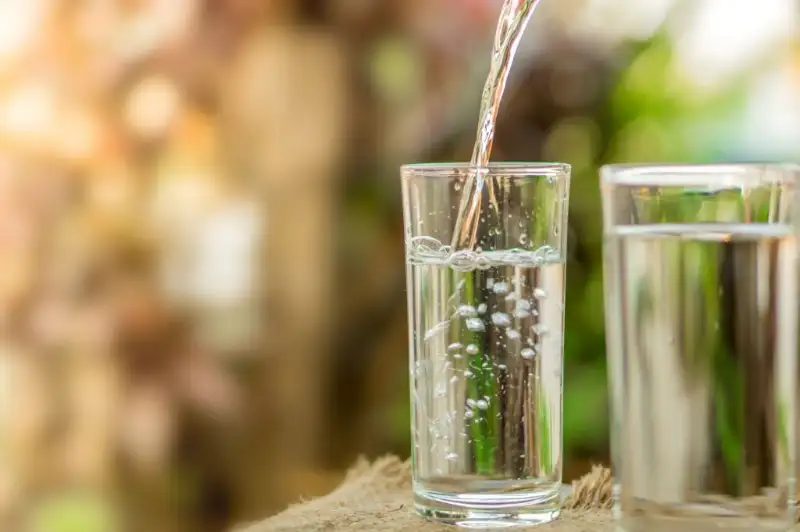
Stay hydrated
It’s essential to stay hydrated when you’re out in the heat, and that includes when you’re on the water.
Bring plenty of water with you and take breaks often to drink and rest in the shade.
Know how to call for help
If an emergency does occur, it’s important to know how to call for help. Know the emergency phone number for your area, and have a way to contact it quickly. You may also want to carry an emergency beacon or other equipment that can help get you out of danger in case of an emergency.
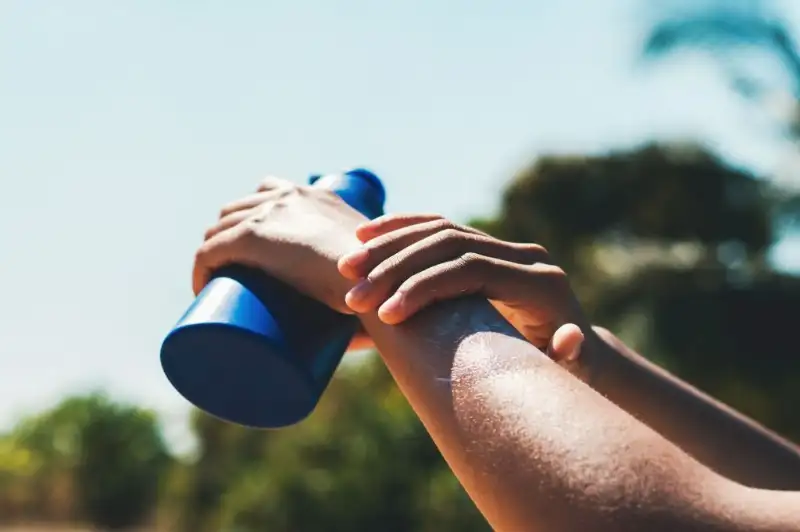
Wear sunscreen
Although this may not seem like a water safety tip, it’s important to remember that you’re still at risk for sunburn when you’re spending time on the water.
Always wear sunscreen and ensure that everyone in your group is protected from harmful UV rays.
Listen to the experts.
If you’re ever unsure about something, listening to the experts is always best. The Pinnacle Search and Rescue (Cajun Navy 2016) team is always happy to help.
As the original Cajun Navy, we know the ins and outs of water safety.
After all, it’s how we got our start.
We want everyone to be able to enjoy the water, so following these safety tips is a great way to start.
If you have any questions or concerns, please don’t hesitate to contact us.
We’re always happy to help in any way we can.
Have fun!
Pinnacle Search and Rescue (Cajun Navy 2016) is a non-profit, volunteer search and rescue organization dedicated to helping those in need. We are based in Louisiana, but we will respond to disasters anywhere in the country.
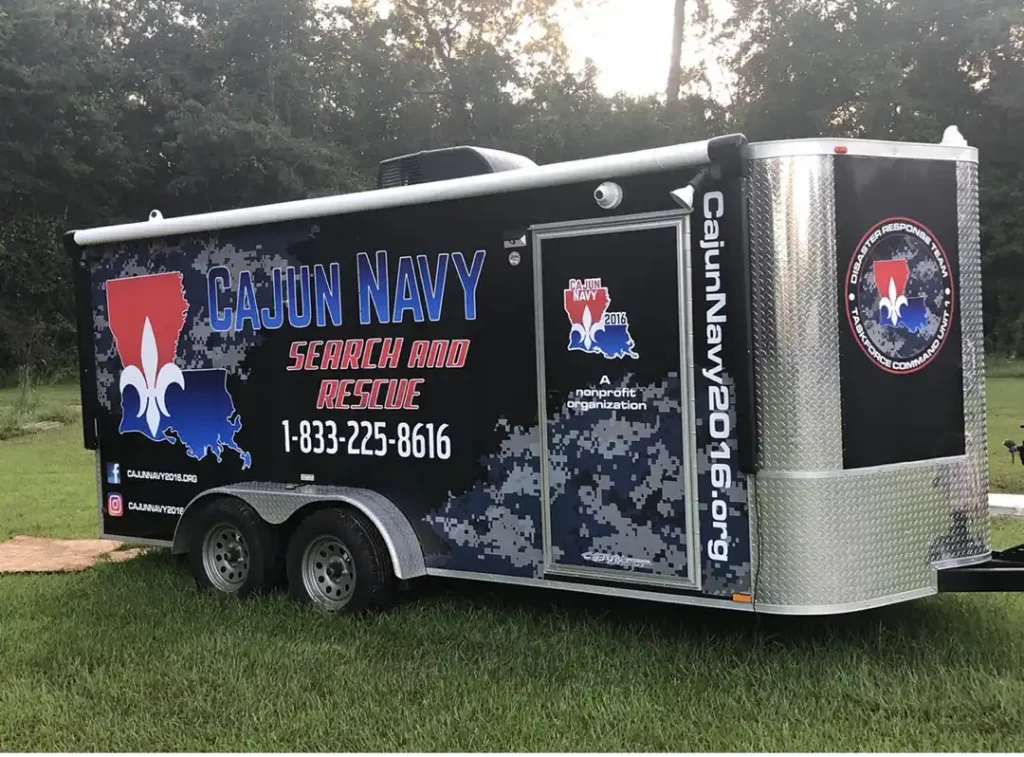
Our mission is to provide water safety tips, education, and training to help keep people safe while enjoying Louisiana’s waterways.
We offer a variety of courses and programs that are designed to help people of all ages and abilities stay safe on the water.
We also provide support and resources for first responders, law enforcement, and government agencies.
If you would like to learn more about our organization or how you can get involved, please visit our volunteer page or contact us.
Thank you for your interest in water safety!

